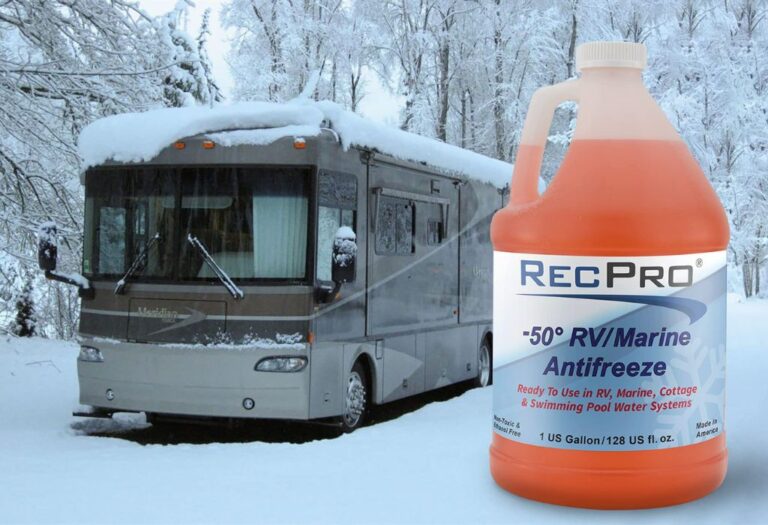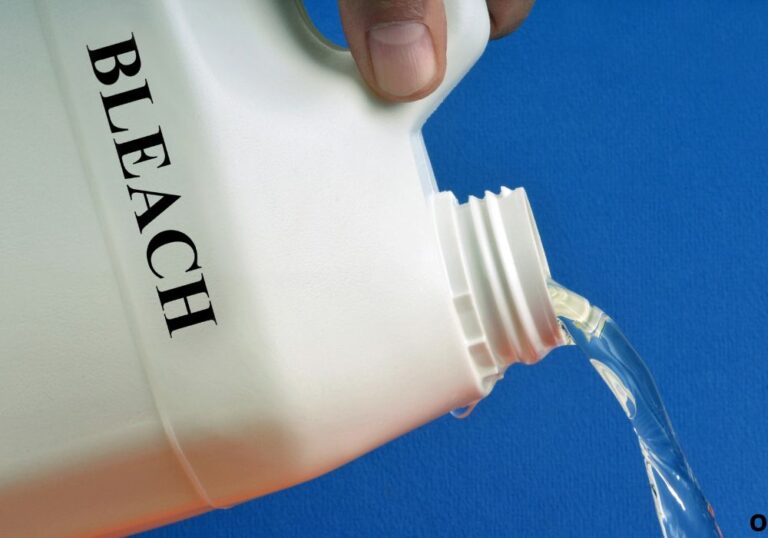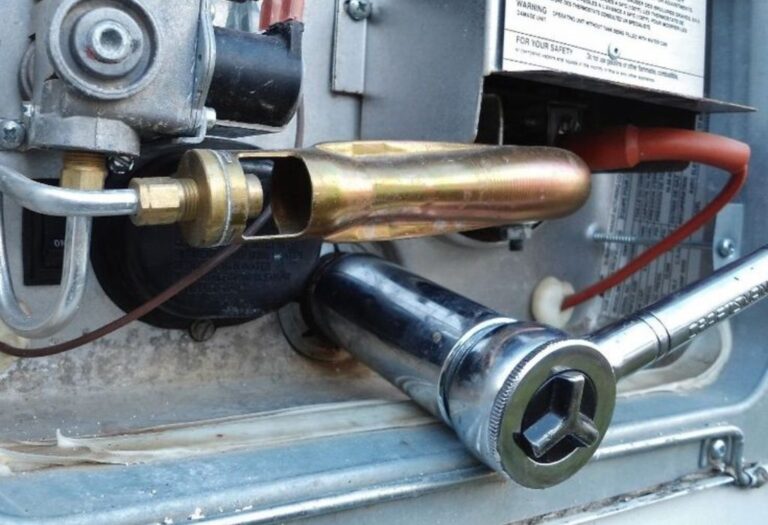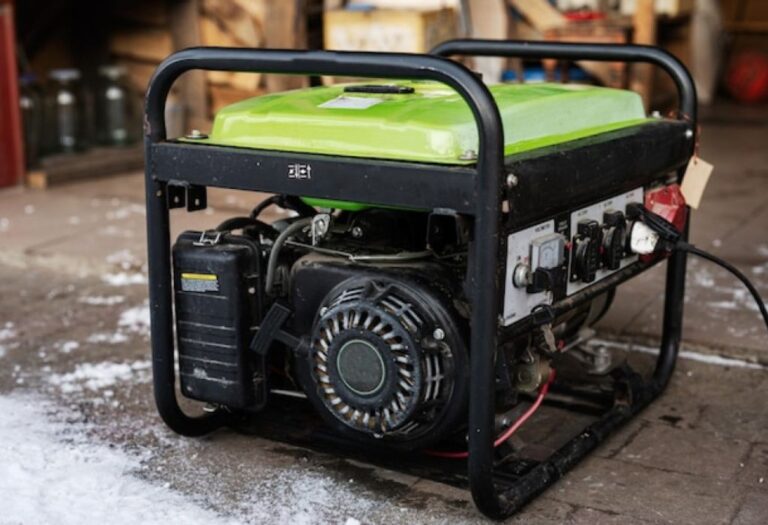Can You Dump RV Gray Water on the Ground Legally?
After a long day of camping in your RV, washing dishes and showering, your gray tank begins to fill up — and you’re far from a dump station. The thought of simply pulling a valve and releasing it on the ground crosses many RVers’ minds. It seems harmless enough, right? After all, it’s just soapy water. But the question can you dump RV gray water on the ground is more complex than it appears.
Across the United States, gray water dumping laws vary dramatically. Some states and campgrounds treat it the same as black water, while others allow limited discharge under specific conditions. According to RV Lifestyle, most U.S. states prohibit releasing gray water directly onto the ground without treatment or permission. Yet, Boondocker’s Bible notes that certain Bureau of Land Management (BLM) areas allow controlled disposal when done far from streams or vegetation.
The environmental concern is growing too. Studies show that untreated gray water can contain bacteria, food residue, and chemicals from soaps that alter soil composition and harm wildlife. Even a small spill can attract pests or contaminate water sources, making it a risk that campers often underestimate.
This article breaks down everything you need to know — from legal restrictions and environmental impact to practical disposal methods and ethical camping practices. By the end, you’ll clearly understand where, when, and how it’s acceptable to dump your gray water — and how to do it responsibly without harming nature or facing fines.
What Is RV Gray Water and Why Does It Matter?

In an RV, gray water refers to the wastewater that drains from sinks, showers, and sometimes kitchen areas. It’s the result of washing dishes, rinsing vegetables, or taking short showers while traveling. Although it doesn’t contain human waste, gray water is not clean enough to pour directly into the soil.
This water holds soap residue, grease, food particles, and trace chemicals from detergents. Over time, the combination can attract insects, emit odors, and pollute the ground or nearby water sources. Black water from the toilet is more dangerous, but gray water still poses risks if not handled properly.
The gray tank in your RV is designed to store this wastewater safely until you reach a proper disposal site. Tanks vary in size but usually fill faster than expected. Understanding what’s inside and how much you produce helps you plan responsibly during camping trips.
What exactly counts as gray water in an RV?
Gray water includes all used water from sinks, showers, and washing areas, excluding toilet waste.
How is gray water different from black water?
Gray water is relatively cleaner but still contaminated; black water contains human waste and sewage.
Can gray water cause health risks?
Yes. It can harbor bacteria and chemicals that may harm both humans and wildlife if discharged untreated.
Why does gray water disposal matter for RVers?
Because improper disposal can lead to fines, damage the environment, and negatively affect campground access.
How much gray water does an average RV produce?
Depending on the number of occupants, it can range from 10 to 30 gallons per day — enough to require regular disposal planning.
Legal Landscape: Can You Dump RV Gray Water on the Ground?
The legality of dumping RV gray water on the ground depends entirely on where you are. In most U.S. states, it’s considered illegal under environmental protection laws. States like Washington, California, and Florida strictly prohibit surface discharge of gray water, while others may allow limited use for irrigation under specific permits.
Federal lands also have mixed regulations. The Bureau of Land Management (BLM) sometimes permits gray water disposal in remote boondocking areas, provided that it doesn’t reach water sources or vegetation. However, National Park Service and state park properties usually enforce stricter bans.
Penalties for illegal dumping can include heavy fines, campground eviction, and even restrictions on future camping access. Campgrounds often have their own rules, which can override general state permission. Always confirm with local authorities or park staff before discharging any waste.
Is it legal everywhere to dump RV gray water on the ground?
No. The legality varies by state, region, and land ownership.
Are federal public lands more lenient?
Some are, like certain BLM zones, but most developed or protected areas prohibit dumping.
What happens if you dump illegally?
You can face fines, be required to clean up, and risk being banned from parks or campgrounds.
Does biodegradable soap make dumping legal?
No. It may lessen environmental impact, but it doesn’t change state or federal law.
How do campground rules affect gray water disposal?
Even where state law permits, individual campgrounds may forbid dumping on their property.
Environmental and Ethical Considerations

Even when permitted, dumping gray water on the ground raises serious environmental concerns. Soap residue and food particles can alter soil chemistry, affect plant life, and seep into groundwater. Runoff can travel farther than expected, especially after rain, contaminating nearby streams or ponds.
Wildlife is another issue. Food-laden gray water can attract insects, rodents, and larger animals to campsites, creating health and safety risks. Many experienced RVers report that improperly dumped gray water leads to foul smells and pest problems at otherwise pristine locations.
Ethically, responsible campers follow the “Leave No Trace” principle. Dumping gray water violates that standard unless specifically allowed and done with care. Responsible discharge means using biodegradable soaps, filtering food particles, and spreading small amounts into dry, absorbent soil far from any water sources.
Why is gray water a concern if it’s just soapy water?
Because it still contains chemicals, oils, and bacteria that can damage soil and vegetation.
Can gray water attract animals or pests?
Yes. Residual food particles and scent can lure wildlife and insects to campsites.
Does dumping always harm the environment?
In small, controlled cases on permitted lands it may not, but improper disposal easily causes contamination.
What are ethical guidelines for RVers?
Always follow local regulations, minimize discharge, and use dump stations whenever available.
What’s the difference between dumping and responsible discharge?
Dumping is unregulated release, while responsible discharge uses permitted areas or dump facilities with environmental precautions.
How to Dispose of RV Gray Water Properly
Proper disposal keeps both you and the environment safe. The best and most accepted method is to use designated dump stations. These are available at most campgrounds, travel centers, and RV parks across the country.
When you arrive, connect your sewer hose securely to the station’s inlet. Open the gray-tank valve after emptying your black tank to help rinse the hose clean. Always rinse the station area afterward so no residue remains.
If a dump station isn’t available, use a portable waste tank. These containers can be transported to the nearest disposal site. Never release gray water into storm drains, roadside ditches, or near plants.
What is the safest way to dump RV gray water?
Use an official RV dump station or connect to a sewer system designed for wastewater.
Can you dump gray water into a regular toilet?
In some facilities it’s allowed, but always ask for permission before doing so.
What if no dump station is nearby?
Store your gray water until you reach one, or use a portable tote tank to transport it.
What precautions reduce impact?
Use biodegradable products, avoid food scraps, and prevent spills or overflow.
Are there tools to find dump stations easily?
Yes. Apps such as RV Life and Sanidumps help locate legal disposal sites across the U.S.
Location-Specific Rules: What to Check Before You Dump
Not all land is managed equally. Regulations depend on ownership — private, state, or federal. On private land, dumping may be allowed with the owner’s consent, but on public lands, policies are more restrictive.
National Parks and Forests: Almost all prohibit dumping gray water on the ground to protect wildlife and water quality. Violations can lead to fines or loss of camping privileges.
BLM Lands: In some dispersed camping areas, controlled dumping may be tolerated. However, the discharge must be far from any stream or vegetation and should soak into dry soil.
State Parks: Most states, including Montana and Colorado, forbid ground disposal entirely. Check state websites or campground offices before camping.
What types of land have specific dumping rules?
National parks, state parks, private property, and BLM lands each have distinct policies.
Does boondocking automatically allow dumping?
No. Even remote areas may have state or federal restrictions.
What should you check before dumping anywhere?
Always confirm with posted signage or park officials to ensure it’s legal.
What are the consequences of ignoring land rules?
Fines, citations, or permanent bans from park systems.
Why does land-use category matter?
Developed areas are more regulated; remote land may allow limited disposal with strict conditions.
Best Practices for Responsible RV Gray Water Disposal
Responsible disposal is the key to sustainable RV living. By following a few simple guidelines, you can prevent environmental harm and maintain good standing with campgrounds and public land managers.
- Plan ahead – Know your tank size and how long it will take to fill.
- Use filters – Place a mesh strainer in sinks to catch food debris before it enters your gray tank.
- Choose eco-friendly products – Use biodegradable soaps and detergents that break down quickly.
- Limit water usage – Shorten showers and reuse rinse water for multiple tasks.
- Locate legal dump stations – Always verify options near your route or campsite.
- Avoid sensitive areas – Never release gray water near creeks, lakes, or vegetation.
How can RVers reduce how often they dump?
Use less water, reuse rinse water, and install low-flow faucets or showerheads.
What should not go down the gray drain?
Avoid grease, harsh cleaners, and food particles that can rot or smell.
When is it acceptable to release gray water on the ground?
Only when it’s legally permitted and done far from water bodies, after filtering solids.
Should you keep copies of regulations?
Yes. Having local rules handy prevents accidental violations.
What should you do after dumping?
Rinse hoses, sanitize fittings, and leave the site cleaner than you found it.
Conclusion
So, can you dump RV gray water on the ground? The truthful answer is sometimes — but usually no. Laws differ from state to state, and even where it’s allowed, strict conditions apply. The safest approach is always to use a designated dump station or approved sewage system.
Gray water may look harmless, but it carries pollutants that harm ecosystems and invite fines if mismanaged. Responsible RVers respect the environment, follow local regulations, and leave each site clean for the next traveler.
Before every trip, review your destination’s dumping policies and plan accordingly. With proper care, you’ll help preserve the beauty of the outdoors while keeping your RV lifestyle sustainable and legal.
I’m David R. Coleman, the founder, lead writer, and lifelong tool enthusiast behind GarageToolPro.com. With years of experience in automotive repair, woodworking, and home DIY projects, I created this platform to share practical tips, detailed tool reviews, and step-by-step guides that help mechanics, hobbyists, and homeowners get the job done right the first time.






